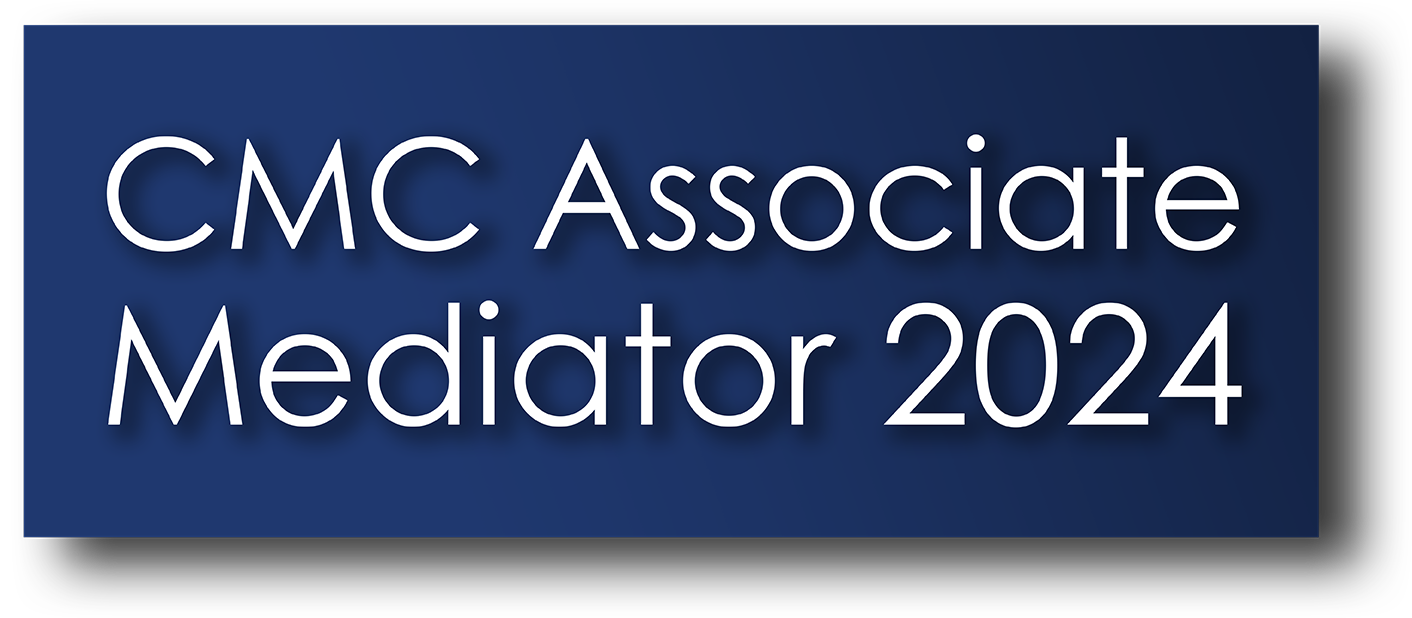Frequently Asked Questions
How long does mediation take?
The majority of civil mediations are concluded in a day.
What happens during mediation?
It depends on type of mediation. The mediator will talk to both sides separately to hear their version of events, and, if agreed, may then bring all the participants together to talk.
Is mediation confidential?
Yes. What you say during mediation and the outcome at the end can only be shared if everyone agrees to it.
How does a mediation end?
Generally if you agree on a resolution you will sign a written agreement, known as a ‘settlement agreement’, which will set out the agreement you have reached and is legally enforceable.
If court proceedings have already commenced, an order of the court which sets out what was agreed in mediation can be made if the parties agree.
Do I have to attend mediation on my own?
No,
Do I have to be in the same room as the person I am in mediation with?
In mediation, you can still work to find an agreement without being in the same room or space with the other person.
Mediation online is also possible, giving participants greater space and the option of mediating from your own home or other private space.
Can the mediator provide advice?
No. The mediator will support in all ways but not advise.
Does the mediator decide what happens?
No. They facilitate your result.
Who pays for mediation?
It will depend upon the type of dispute, but typically both sides pay an equal share of the fee.
How much does mediation cost?
It will depend on the type of mediation and the complexity of the dispute.
You should ask your mediation provider what their costs are in advance of the mediation.
Is offering to mediate a sign of weakness?
No. It can be empowering to make the first move and you are always in control at mediation. You choose what information can be discussed with the other side, and you choose whether to settle and on what terms.
What happens if there isn’t an agreement?
You might have made good progress but not be quite at the position of settlement yet. It can often be helpful to take a break to think things through then resume mediation.
Mediation has a high success rate, with the majority of civil disputes settling on the day or shortly after.
If, at any stage, you decide you want to proceed with taking your case to court then you can do that.
Can I leave at any time?
Yes. Mediation is entirely voluntary. You only have to attend if you want to and you are free to leave at any point.
Frequently Asked Questions
What is coaching?
It is an indirect type of advisory service.
Your coach will not answer your questions but will facilitate the process of you finding your own answers through relevant questioning and empathic listening.
The process will focus on achieving the agreed objective through defining the issues which block the expected achievements and empower the positive elements which facilitate the success required.
What are the benefits of Coaching?
Coaching can help you get back control over some personal or organisational issues.
Coaching, just like mediation provides a safe and supportive
environment.
Your coach will be listening to your views and insights, talking
to you privately, asking some breakthrough questions to help guide you through
the success.
Coaching is confidential. too.
